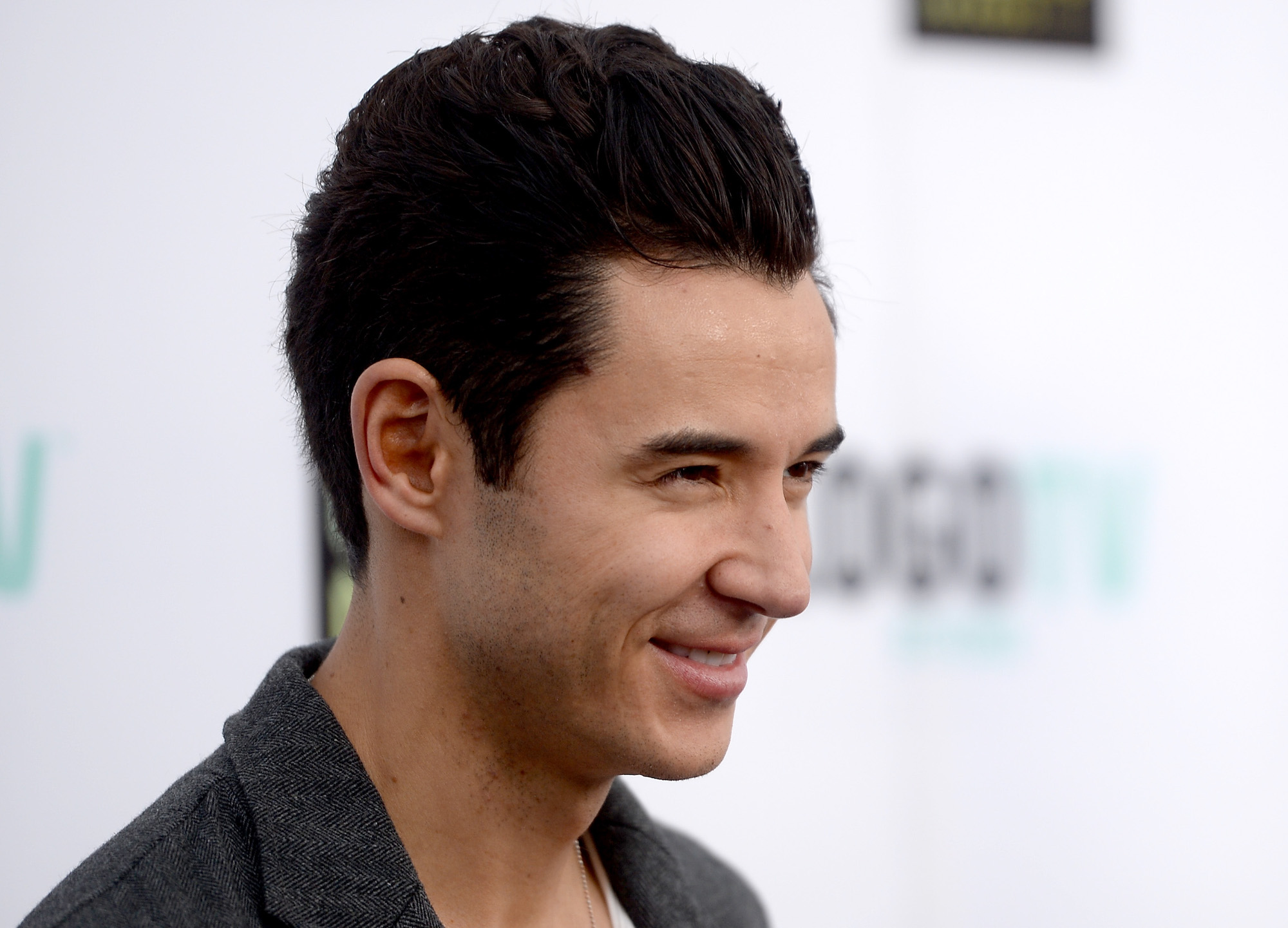‘My Strange Addiction’ Host Mike Dow Faced Criticism for Spreading Questionable Health Claims
Since the rise in popularity of reality TV, several questionably real shows have made their appearance on your television. My Strange Addiction made its arrival in 2010 with addictions most people never thought was likely, and some still believe to be scripted. Many find that the show exploits some people who clearly need help and in the cases where they don’t, the addiction is exaggerated or fully made up. In fact, there are many lies behind reality TV that you may not be aware of. After all, viewers want to be entertained, and reality TV stars get the bucks to do it. With the stigma surrounding the show, it comes as no surprise that My Strange Addiction host Mike Dow has faced criticism for spreading questionable health claims.

Mike Dow’s health claims on ‘The Dr. Oz Show’
Anxiety is a serious problem in the United States. It can be caused by stress from work, money, socializing, expectations, and more. Dr. Oz often brings up topics around anxiety in his show, The Dr. Oz Show, and he often refers to Mike Dow for expert insight.
Much like Mike Dow, Dr. Oz provides questionable medical recommendations that contradict peer-reviewed medical studies. One questionable health claim is Mike Dow’s recommendation to eat foods high in tryptophan and GABA (like turkey) as an alternative to medication on The Dr. Oz Show, according to The Things. Dr. Oz is no stranger to promoting food to reduce anxiety but the criticism stems mostly from promoting a treatment that was debunked in 1980 over proven medications.
The American Council on Science and Health revealed the inaccuracy in his statement with an excerpt from a scientific review. A shortened peak into the 1980 findings is that “the idea, common in popular culture, that a high-protein food such as turkey will raise brain tryptophan and serotonin is, unfortunately, false.” Many are frustrated that Mike Dow and Dr. Oz didn’t bother to access the readily-available information before its promotion on the show.
Mike Dow’s career
Although many may think he is just a well-groomed face playing doctor on the screens, Mike Dow is a doctor. One who recently wrote a bestselling book called The Brain Fog Fix. According to Dr. Mike Dow‘s website, his academic credentials include an M.S. in Marriage and Family Therapy, a Doctorate (Psy.D.) in Psychology, a second Doctorate (Ph.D.) in Clinical Sexology. His credentials also include post-doctoral education in neurofeedback, psychopharmacology, bilateral-based therapy for the treatment of trauma, and clinical hypnosis. He began his career working with adolescent survivors of abuse at the Los Angeles Department of Mental Health.
Dr. Dow also serves as a medical expert on a variety of reality shows in a guest star, consultant, and host capacity. He is also a part of Dr. Oz’s expert team for his show and has regularly guest-starred to contribute his expertise to brain health topics.
His role on ‘My Strange Addiction’
Like many other reality TV shows, My Strange Addiction has arguably done more harm than good since its 2010 premiere on TLC. Dr. Mike Dow’s role in My Strange Addiction is as a spokesperson and consultant. This means he used his expertise in addiction to, in some ways, accredit and publicly analyze real people with real addiction problems who need help, fake problems to get famous, or small problems that were dramatically exaggerated to grow viewership. The Things highlights the show’s biggest dirty secrets like manipulating footage, exploiting real problems, and peddling fake science.


